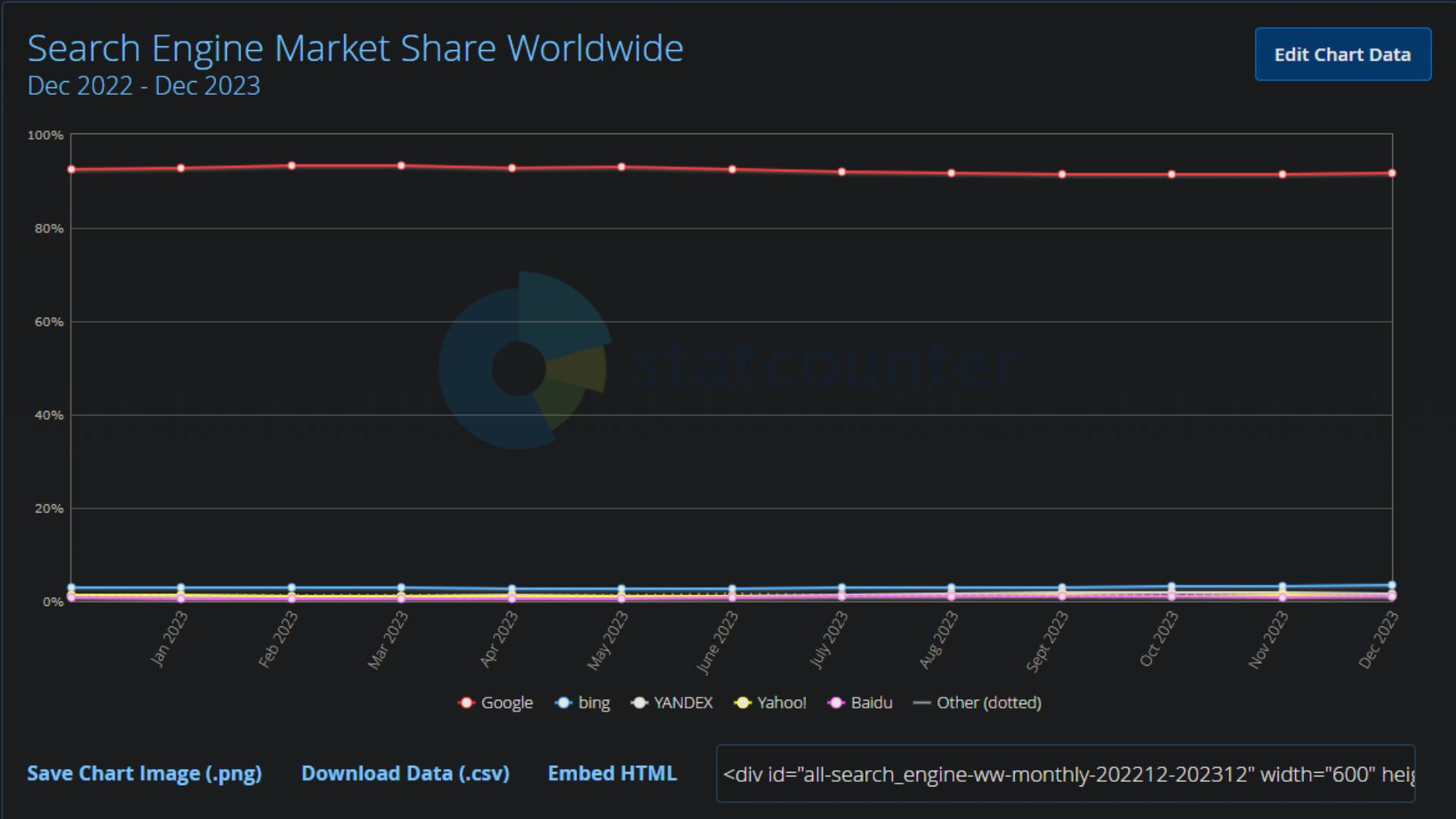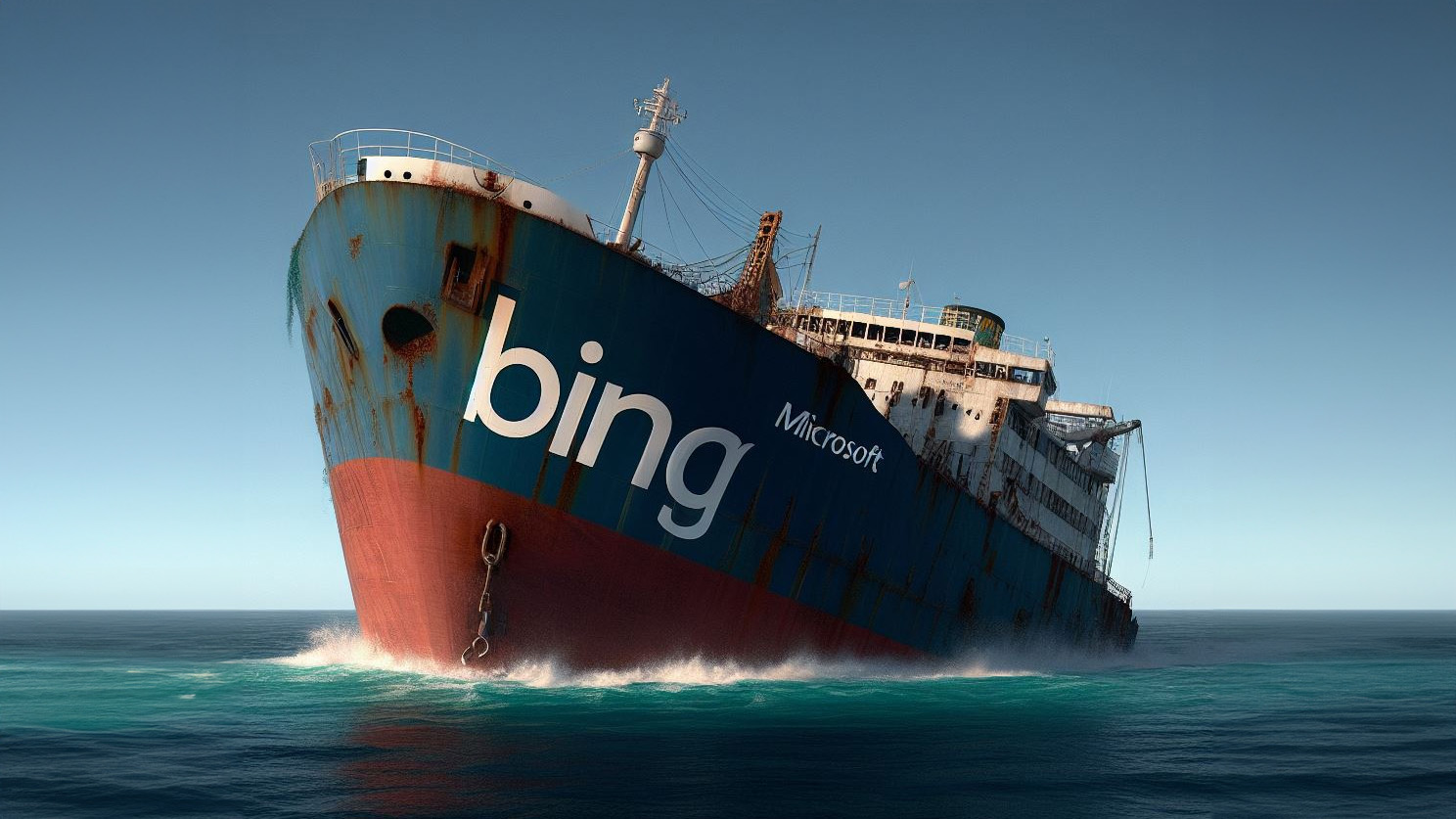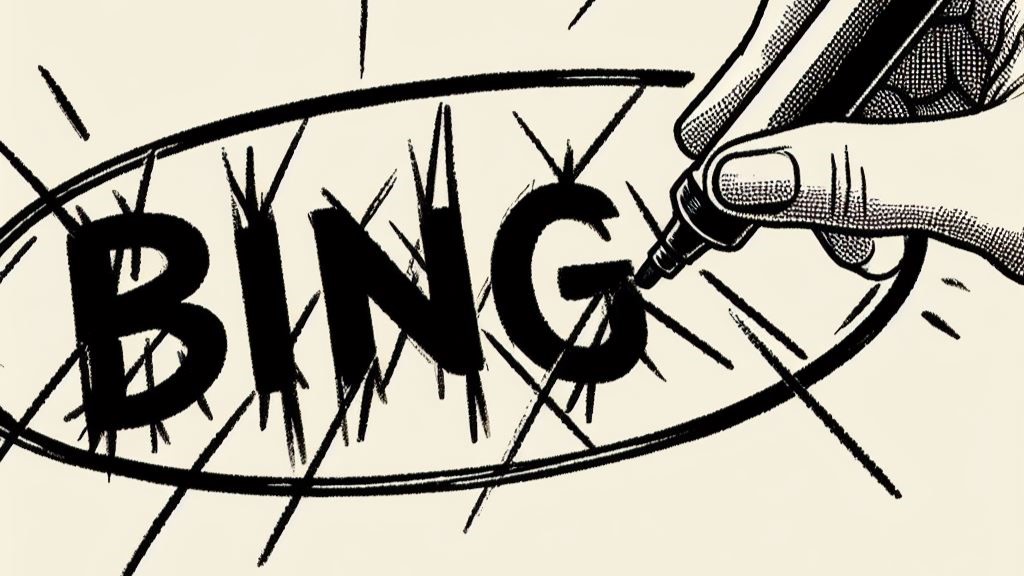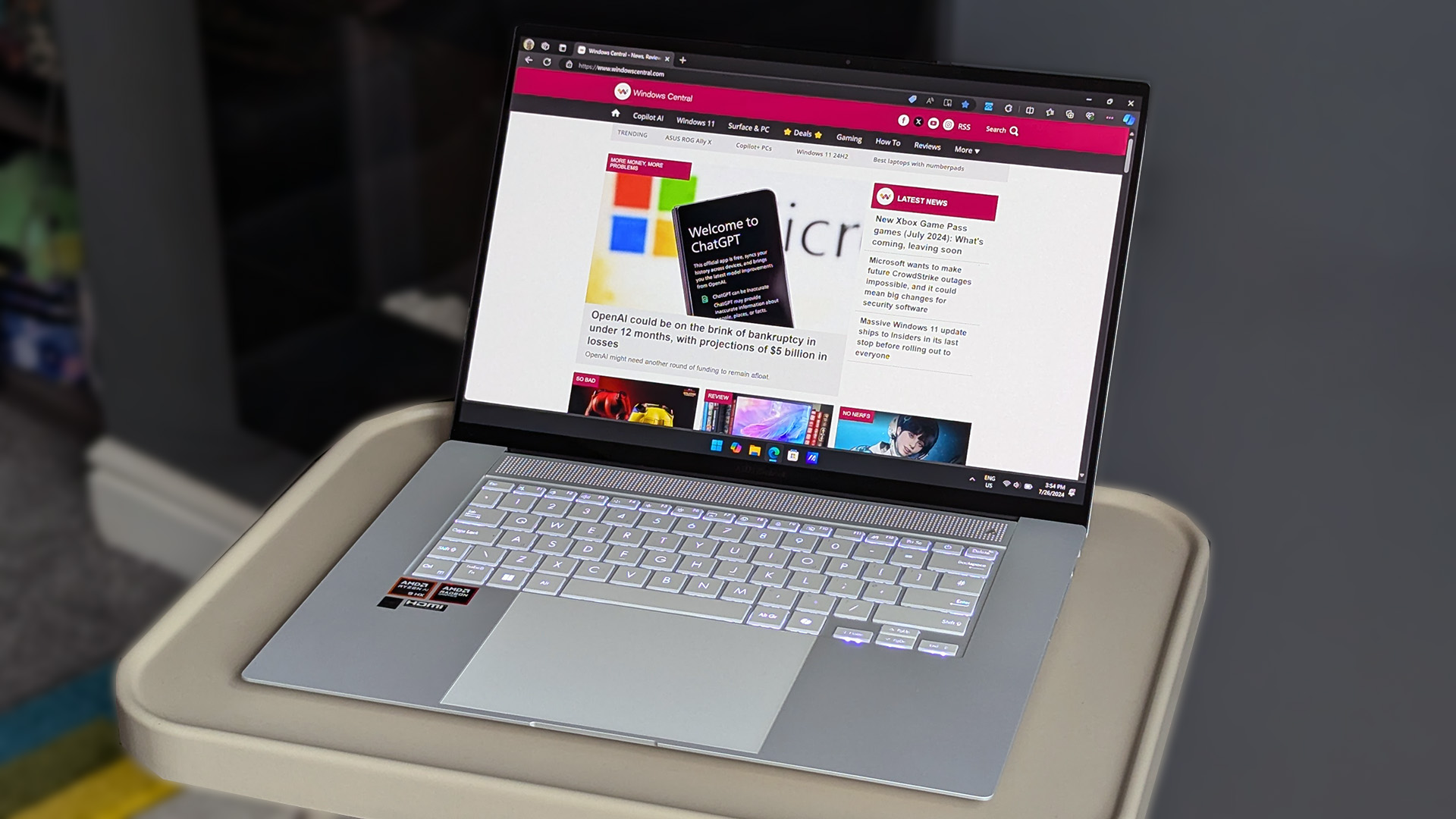Even Microsoft Copilot can't help Bing touch the dominance in search from Google
Google continues to dominate the search engine market share, while Bing staggers behind with only 3.4% of the global stake.
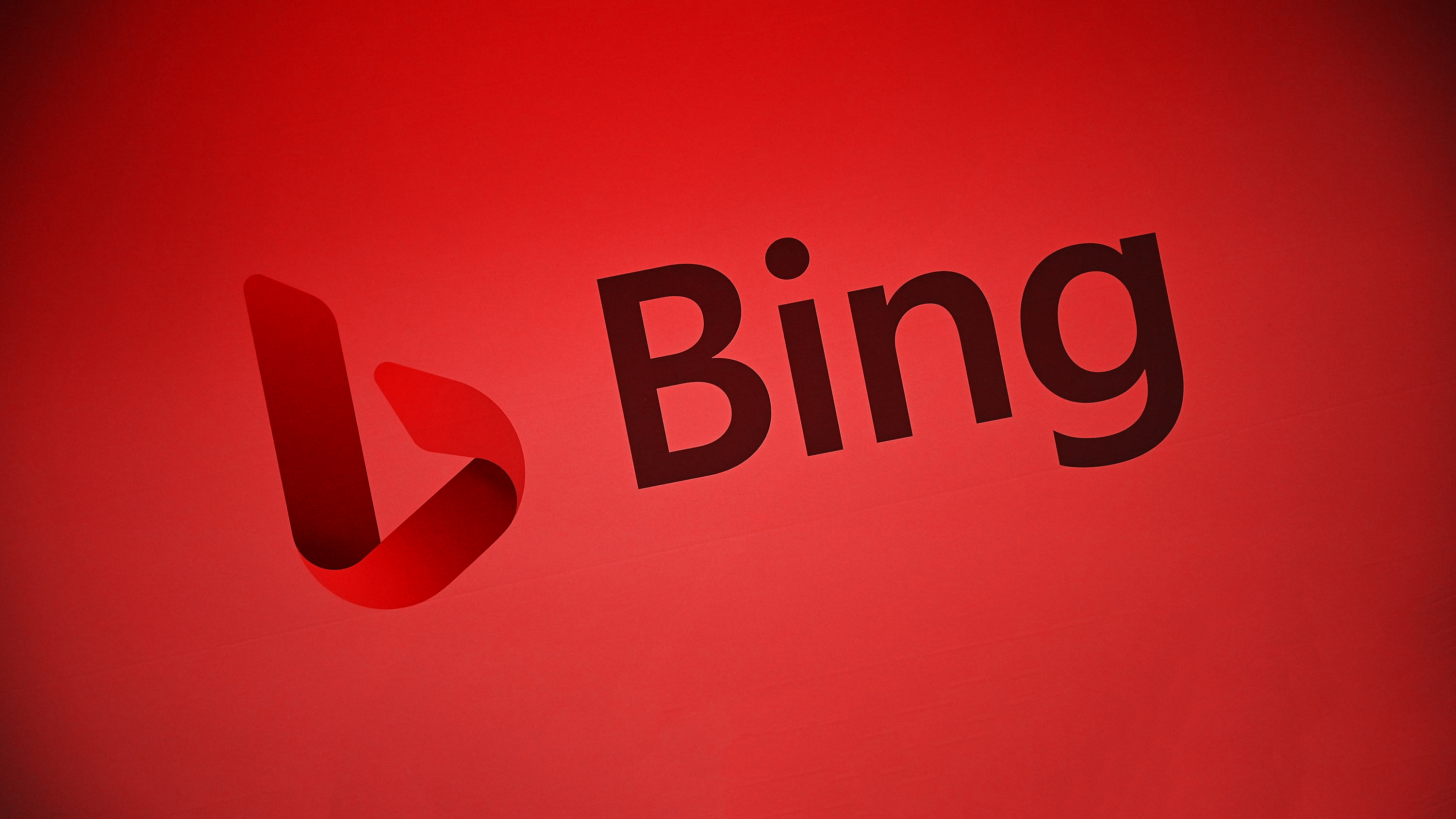
All the latest news, reviews, and guides for Windows and Xbox diehards.
You are now subscribed
Your newsletter sign-up was successful
What you need to know
- Bing's market share in search remains stagnant despite Microsoft's heavy investment in AI.
- Its market share stood at 3.4% at the end of last year, with Google asserting its dominance in the category with a whopping 91.6%.
- Microsoft could potentially be in a position to make up for this after Google was listed as a gatekeeper by the European Commission under the DMA, which forced it to allow users to use Bing or Microsoft as their default search engine or browser respectively.
It's almost one year since Microsoft unveiled its fully-fledged AI-powered assistant, Microsoft Copilot (formerly Bing Chat) which is widely available across Microsoft Edge, Windows 11, Bing, and Microsoft 365. Part of these efforts are geared toward gaining traction in the search market share, which is currently dominated by Google.
And now, Microsoft's efforts have seemingly been rendered futile, at least according to a survey by Statcounter, which indicates that Bing's market share has only grown by less than 1% since debuting Microsoft Copilot.
RELATED: Despite its big OpenAI push, Microsoft's Bing search market share decreases year-over-year
As spotted by Bloomberg, Bing closed off 2023 with just 3.4% of the global search market, while Google continues to dominate the category with a whopping 91.6% of the market share. Other search engines like Yandex and Yahoo came in closely after Bing with 1.6% and 1.1% of the global search market respectively.
A similar report from the research firm from last year also pointed out that Bing's market share remained pretty much the same (stagnant) for the better part of last year. However, its user base grew significantly shortly after Microsoft Copilot's launch, ultimately pushing it from 95.7 million in February to 101.7 million in March.
Unfortunately, the increased traffic was short-lived, as the hype for AI advances seemingly dwindled amongst users.
AI might not save Bing's sinking ship
Despite Microsoft's heavy investment in generative AI and its ever-evolving relationship with ChatGPT maker, OpenAI, Google continues to assert its dominance in search.
All the latest news, reviews, and guides for Windows and Xbox diehards.
While making an appearance in Google's antitrust trial last year, Microsoft's CEO indicated that Google doesn't play fair with Bing, further pointing out that Apple's deal with Google to use its search engine across its wide array of devices has negatively impacted Bing. The CEO also said that he was willing to part with up to $15 billion annually to secure a similar deal with Apple, citing that it would be a game-changer for Bing.
Recent reports highlighting that chatbots like Microsoft Copilot and ChatGPT are only getting dumber, coupled with the exorbitant cost implication required to keep these chatbots don't help Microsoft to state its case.
READ MORE: 3 reasons why AIs like Microsoft Copilot and ChatGPT will only get worse
Opportunities for Microsoft to exploit
However, Microsoft could potentially make up for these shortcomings by taking advantage of the European Commission listing Google as a gatekeeper under the DMA. The company was given six months to comply with the DMA rules, including ensuring its services are interoperable.
Google has already started making changes to its services in compliance with the DMA. One of the most notable changes made is that users will now be able to easily set Microsoft Bing and Edge as their default search engine and browser, respectively. This could potentially allow Microsoft Bing to compete with Google on an even playing field.
As it happens, it seems Microsoft Edge and Bing might be off the European Commission's hook after investigations revealed that the services weren't dominant enough to warrant regulation and scrutiny by the watchdog.
That said, Google continues to make advances in the AI landscape with its own ChatGPT-like iteration, Google Bard, coupled with other nifty AI-powered features. It will be interesting to see how things pan out in the long run for Microsoft with these potentially beneficial opportunities.
Do you think Microsoft Bing will overtake Google in the search market share race? Share your thoughts in the comments.

Kevin Okemwa is a seasoned tech journalist based in Nairobi, Kenya with lots of experience covering the latest trends and developments in the industry at Windows Central. With a passion for innovation and a keen eye for detail, he has written for leading publications such as OnMSFT, MakeUseOf, and Windows Report, providing insightful analysis and breaking news on everything revolving around the Microsoft ecosystem. While AFK and not busy following the ever-emerging trends in tech, you can find him exploring the world or listening to music.
